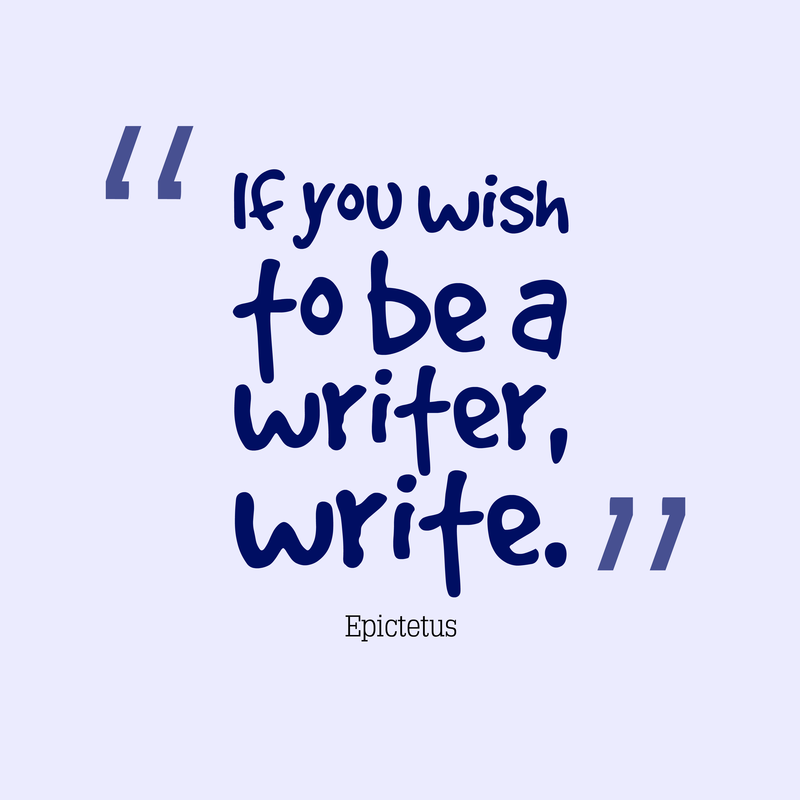|
Spit-balling, note-taking, thinking outside the box. Most of us have been brainstorming since elementary school, when we'd squish our desks together and toss out different ideas we hoped wouldn’t get us laughed at. I, for one, didn’t see the point. When I first began work on my epic fantasy novel, I refused to brainstorm. I thought it was a big waste of time. I was afraid I'd get caught in a note-taking trap and never write. So I diligently sat at my computer desk in 110 degree heat, typing and typing, refusing to stop no matter how often I got stuck or how little I had to say. It got me nowhere. I don't want that to happen to you. I want you to use every tool in your writer's kit to get your story working. And that's what brainstorming is: a wonderful tool. Whenever you get stuck, whenever you have a bad feeling in your gut that something's wrong, whenever you want to write but have nothing to say--brainstorming is there for you. That's why I've come up with strategies based on my own trial and error to get your mental juices flowing and help you on your writing way. Quiz! Quiz! Quiz! Where exactly are you in the writing process? Take this handy-dandy little quiz to figure out what brainstorming frame of mind you're in. 1. How do you feel about your writing? a. I hate, hate, hate it! I can't stand looking at it. b. I like it in general, but this one aspect has been frustrating me. c. I love it. It will be the most beautiful, fascinating, wonderful story... once I start writing it. 2. What is your biggest problem with your story? a. The whole thing. It's stupid. Also, I suck as a writer. b. ______________________________ (Fill in the blank.) c. There's not enough of it yet. 3. Brainstorming is good for: a. avoiding looking at my *@#& manuscript! b. solving a problem. c. figuring out what to write. If you picked mostly As
|
Archives
October 2016
Categories |





 RSS Feed
RSS Feed
